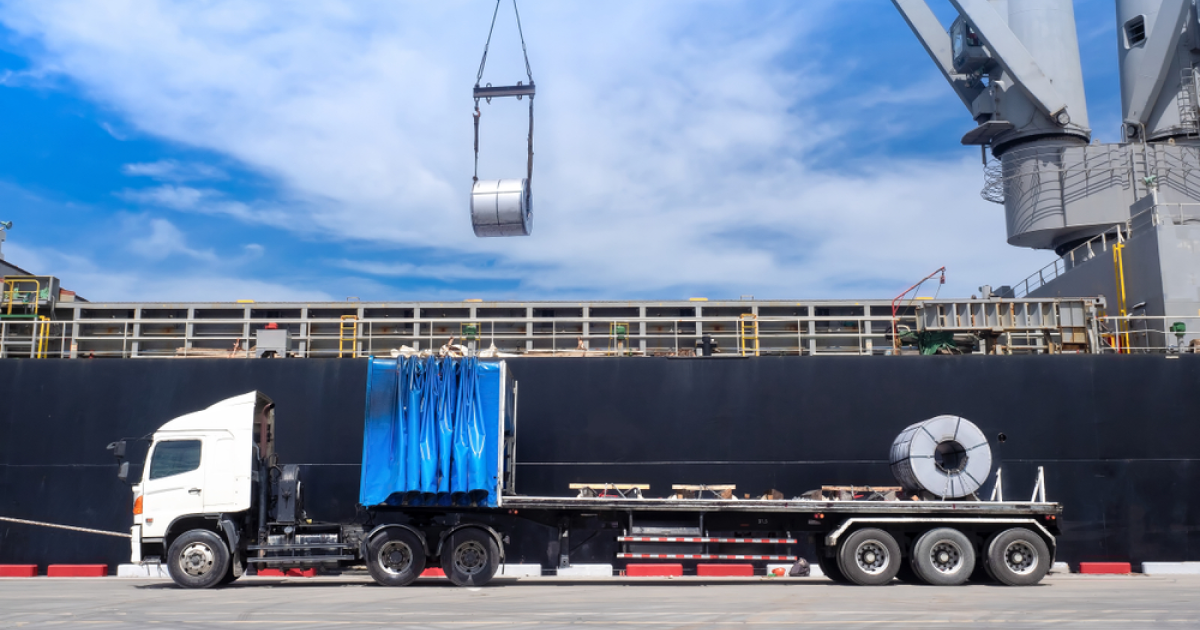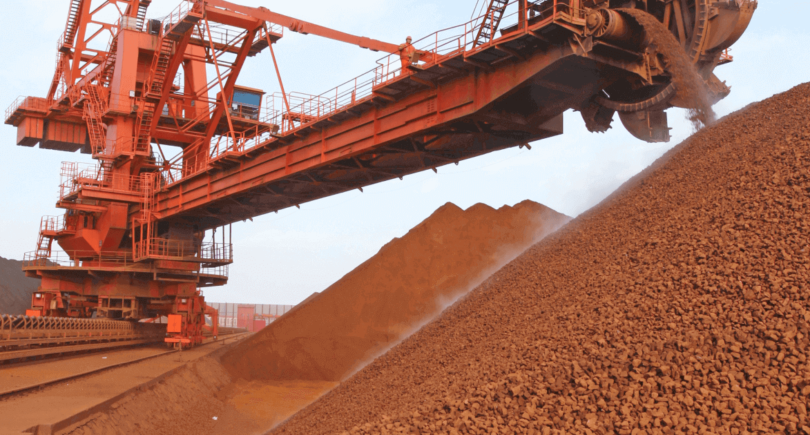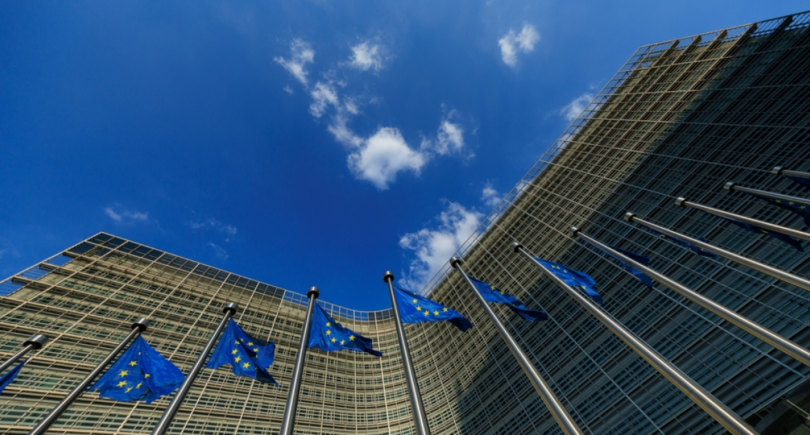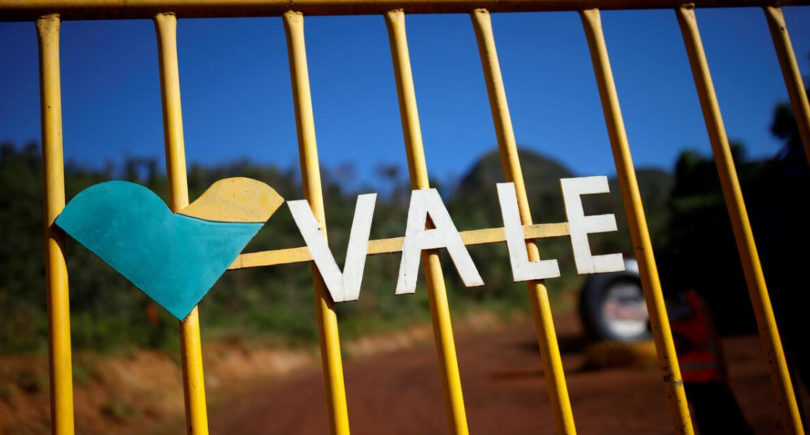
News Global Market EU 127 03 July 2025
Turkey selected volumes within nine categories in early July
With the start of the new quota period (July 1 to September 30), some EU import quotas allocated to certain countries and products have been exceeded, with 23 items affected, according to SteelData.
Turkey was the most active, having already selected volumes within nine quotas for steel imports to the EU by July 2, in particular for rebar, tinplate, gas pipes, and large-diameter welded pipes.
The volume of quotas in five categories has now exceeded China, in three – Vietnam, in two – India and Taiwan, and in one – Algeria.
In particular, Taiwan exceeded the quotas for hot-rolled sheet in the “other countries” category at the beginning of the new quota period (as of July 2, 122.3 thousand tons from this country were expected to be cleared through customs with a quota of 112.71 thousand tons); Vietnam exceeded its quotas for metal-coated sheets (4A, 4B) and organic-coated sheets in the “other countries” category.
At the same time, SteelOrbis notes that there has been a decrease in quota utilization in the current period compared to the previous quarter. For example, as of July 1, India had used 64.44% and 61.64% of its quotas for coated metal sheets (4A) and organic coated sheets, while at the beginning of the previous quota period, this figure was 122.72% and 83.53%, respectively.
The exhaustion of quotas for certain types of metal products has clearly accelerated the EU’s stricter import protection rules, which were recently adopted. In addition, the changes may reflect trade redirection due to US tariff policy and price trends in the European market.
It should be recalled that the EC has tightened restrictions on steel imports since April 2025 to protect the European metallurgical industry. In particular, new supply limits have been introduced for residual quotas (quotas for “other countries”) for 16 product categories – 13-30% per country, depending on the product being imported. The EU also reduced the annual liberalization rate (annual increase in the tariff quota) from 1% to 0.1%, further limiting the total volume of metal products that can be imported into the bloc duty-free.




